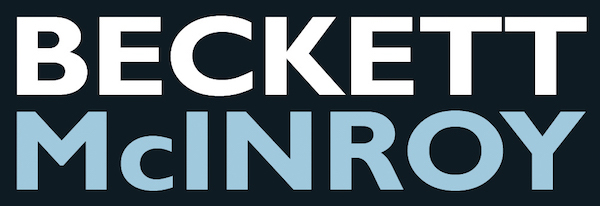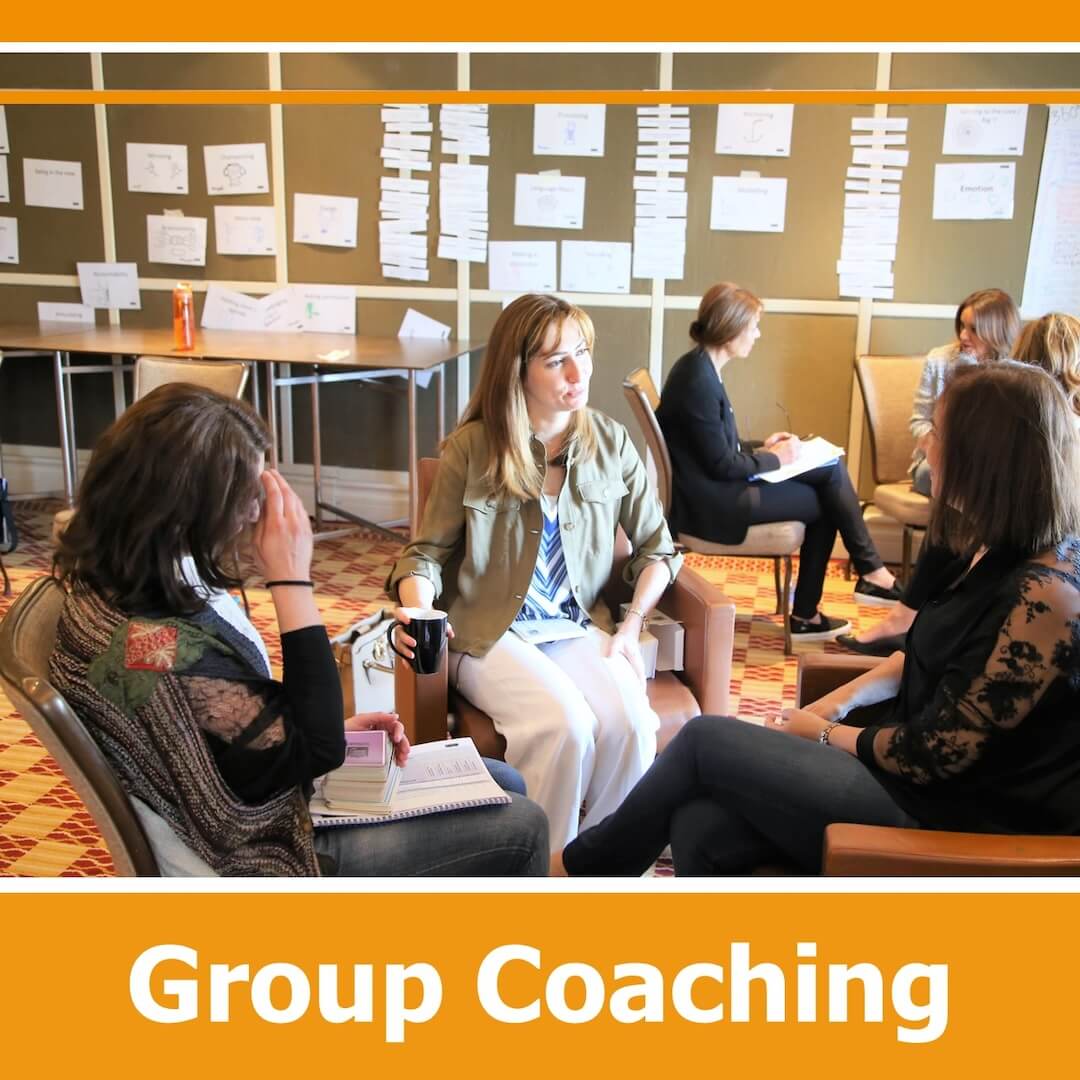Description
What are the benefits of group coaching?
Group coaching can enable you to learn from the other coaches in the group. You get to, for example, scale your business, increase your business acumen, develop effective time management techniques, reduce imposter syndrome or improve your relationships.
While as a group coachee you get less personal time research shows that group coaching is still effective in enabling results attainment.
Structure
We will meet for 2 hours twice a month for 4 months on Zoom at 6pm UK.
There will be sessions where everyone gets a turn to be ‘speed coached’ and other times when there is full focus on one coachee.
Together we co-create our working relationship discussing confidentiality and other ethical issues, as well as logistics and in between session support.
How it works
Group coaching is a powerful coaching technique for improving health and wellbeing habits, drawing upon personal strengths, connecting with life purpose and values, exploring ways to show up as a leader, ways to build impactful teams… (Armstrong et al., 2013; McDowall & Butterworth, 2014).
Coaching in organisations has become increasingly common over the last couple of decades, with human resources, learning and development plus organisational development teams delivering coaching support on an almost daily basis. We have worked across sectors globally coaching groups. For example, in one bank, tellers, branch managers, procurement and communication professionals worked together on ways to improve the system they work.
Group coaching is cost saving for you too. It can reduce silos, support sharing of knowledge, strengthen internal networking and improve decision making (Anderson, Anderson, & Mayo, 2008).
Despite this, most companies continue to coach one-on-one (Brown & Grant, 2009) with team coaching trickling in. Group coaching enables an understanding of the organisation and systemic awareness, recognising that individual decisions can have broad impact. Attending sessions with peers can open the individual to awareness of that bigger picture.
It is useful to distinguish between team and group coaching. The former relates to individuals working closely together as a single entity toward a clear and shared goal. The latter, group coaching, involves any group of individuals; they may not know one another and may differ in their needs and ultimate aims (Brown & Grant, 2009).
When group coaching is delivered internally for organisations or as a public programme, cultural, religious and other nuances add to the richness of the learning and awareness.
Group coaching involves one or more coaches and two or more individuals.
Group coaching enables all involved to learn about group-based dynamics by practicing interpersonal and rapport-building skills (Brown & Grant, 2009).
On occasions, a coachee in group coaching may also choose to partake in a one-to-one session on a specific topic as this can support psychological safety because, for example, a topic is proving to be too personal to discuss in a group setting (Anderson et al., 2008) and we are more than happy to arrange this.
Group coaching can overcome organisational resistance to change by rising above the focus on an individual’s goals and instead encouraging corporate thinking (Brown & Grant, 2009). There is value in reaching a consensus within group settings and listening to a range of voices and differing opinions.
We have experienced that individual customers entering group coaching are highly motivated and engaged, implement new learnings and sharing progress. What’s beautiful is when the group share compassion, challenge, support and call people out appropriately on accountability measures.
In summary, there are many benefits to taking part in group coaching sessions (Brown & Grant, 2009; Rivera & Rivera, 2019) which include…
For individual coachees:
- Shared wisdom of the group
- Working toward common goals
- Fixed timings being easier to manage and plan around
- Positive effect of social facilitation (Baron, 1986)
- Increased awareness of psychodynamic processes within a group
- Development of support and trust within the group
- Improved conflict resolution
- Heightened emotional intelligence
- More affordable
For organisation:
- Development of a coaching culture through the ripple effect
- Increased systemic awareness
- Improved knowledge transfer
- Increased commitment and accountability
- Enhanced capacity to develop and improve the system, services, and processes
- Improved team functioning, maturity, and capability
- Sharing of knowledge within and among teams, and across levels and generations of employees
- Fostering a culture of learning
- Encouraging collaboration and the breaking down of silos.
If you would like to register for our next programme that will start on Wednesday 20 March 2024 from 6.00pm UK to 8.00pm UK for 8 sessions click here to sign up.
Investment:
The investment is $895 for the full programme of 8 sessions of 2 hours. Calls are usually not recorded due to confidentiality of topics discussed. Wednesday 20th March, 3rd April, 17th April, 1st May, 15th May, 29th May, 5th June & 12th June 2024.
Who is the Coach?
These sessions are led by Dr Clare Beckett-McInroy who is an ICF Master Certified Coach (MCC), Registered Mentor Coach and Advanced Certified Team Coach (ACTC), EMCC Master Practitioner (MP) in Coaching, Team Coaching and Mentoring, as well as being an Accredited Coach SUPERvisor holding an EMCC European SUPERvision Individual Award (ESIA) and a Certification in Agile Coaching.
Her highly experienced ICF MCC colleagues from across the globe may also deliver some sessions.
REFERENCES
- Anderson, M. C., Anderson, D. L., & Mayo, W. D. (2008). Team coaching helps a leadership team drive cultural change at Caterpillar. Global Business and Organizational Excellence, 27(4), 40–50.
- Armstrong, C., Wolever, R. Q., Manning, L., Elam, R., Moore, M., Frates, E. P., … Lawson, K. (2013). Group health coaching: Strengths, challenges, and next steps. Global Advances in Health and Medicine, 2(3), 95–102.
- Baron, R. S. (1986). Distraction-conflict theory: Progress and problems. Advances in Experimental Social Psychology, 19, 1–40.
- Beene, P. (2020). How to structure a group coaching program. Nudge Coach. Retrieved November 27, 2020, from https://nudgecoach.com/blog/how-to-structure-a-group-coaching-program
- Brown, S. W., & Grant, A. M. (2009). From GROW to GROUP: Theoretical issues and a practical model for group coaching in organisations. Coaching: An International Journal of Theory, Research and Practice, 3(1), 30–45.
- Flückiger, B., Aas, M., Nicolaidou, M., Johnson, G., & Lovett, S. (2016). The potential of group coaching for leadership learning. Professional Development in Education, 43(4), 612–629.
- Goldsmith, M., & Morgan, H. (2000). Team building without time wasting. In M. Goldsmith, L. Lyons, & A. Freas (Eds.), Coaching for leadership (pp. 103–109). Jossey-Bass/Pfeiffer.
- Hackman, J. R., & Wageman, R. (2005). A theory of team coaching. Academy of Management Review, 30(2), 269–287.
- Kets de Vries, M. F. R. (2005). Leadership group coaching in action: The Zen of creating high performance teams. Academy of Management Executive, 19(1), 61–76.
- McDowall, A., & Butterworth, L. (2014). How does a brief strengths-based group coaching intervention work? Coaching: An International Journal of Theory, Research and Practice, 7(2), 152–163.
- Perez, I. (2019). 7 Steps to build a thriving online coaching business in 2019. Forbes. Retrieved November 30, 2020, from https://www.forbes.com/sites/ignacioperez/ 2019/01/29/7-steps-to-build-a-thriving-online-coaching-business-in-2019/.
- Rivera, J. A., & Rivera, N. (2019). The ultimate group life coaching blueprint – A complete guide to creating a group life coaching business. [Kindle DX version]. Retrieved from Amazon.com.





